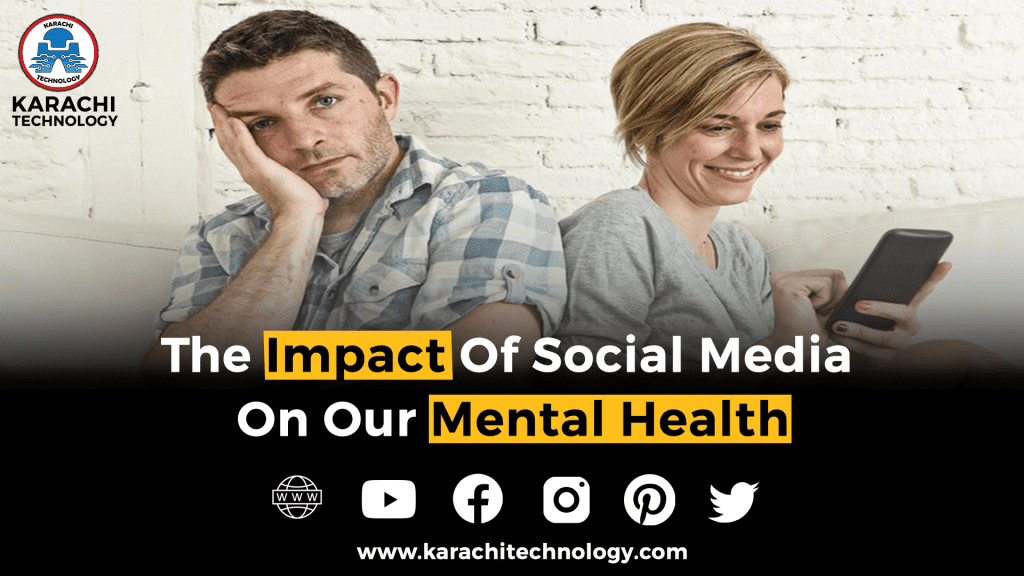Introduction:
The impact of social media on mental health is very massive these days, have you ever been scrolling through social media and noticed your mood start to change? Maybe you feel sad, worried, or even a little jealous of the people sometimes when you are seen their posts about their perfect lives. It’s completely okay to feel in such emotions sometimes, but did you ever know that this social media which is a big part of our daily routine and life style these days can really have a massive impact on our mental health? In fact, there are even some studies that have proven that spending too much time on social media can make us feel anxious, depressed, and lonely.
So the question here is, why does social media influence us so much? Well, for one thing, it’s easy to compare ourselves to others when we’re constantly seeing them post their pictures and videos about their wonderful holiday vacations, perfect relationships with people, and amazing flawless looks. It can make us feel like we’re not good enough or we are missing out all these things in our life. Also, social media can become a place where people are mean and hurtful to each other, which can make us feel sad or worry about what others might say about us. But don’t worry there are many things we can do to make social media a much happier and healthier place for ourselves.
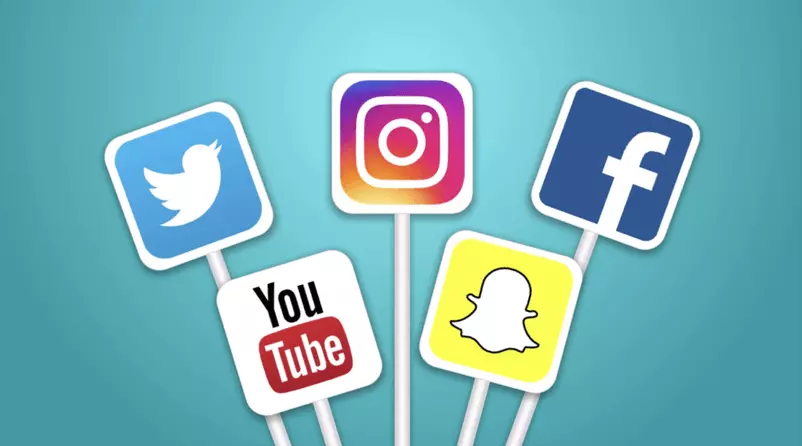
Definition Of Social Media:
The technology which helps us to connect with our friends, family members and people around us is with the help of internet is known as social media. It is just like a huge playground where we can connect with people and share our thoughts, experiences and ideas, we can easily express ourselves on social media in front of many peoples. Through social media we can share our pictures, videos & messages with everyone, we can also play games and watch cartoons, movies, drama series and many more interesting and entertaining things. There are many social media apps and websites available today such as Facebook, Instagram, YouTube, Twitter, and Snapchat & WhatsApp.
There are many advantages of social media these days such as we can easily connect with people who are very far from us in other cities, countries and even continents. Today we can you social media to chat with our friends who are far away from us in other parts of the world, we can easily share our pictures and videos with them also even if they are not present in front of us. Through social media we can also run social campiness which help to improve our society, many peoples also run their business today with the help of social media, people can sale and purchase things such as cloths, gadgets, vehicles, property and animals also.
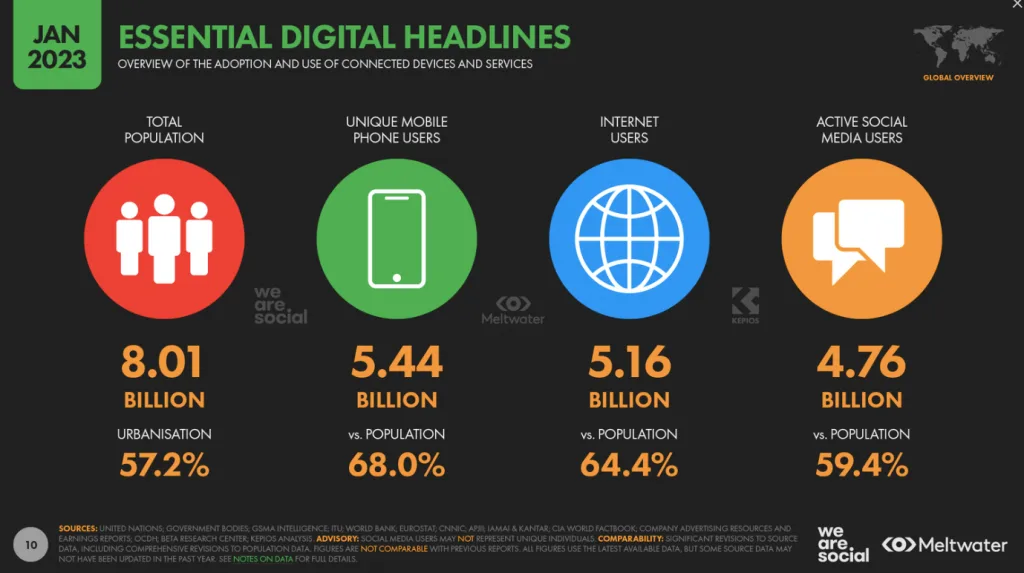
Brief Overview Of The Widespread Use Of Social Media:
Social Media has now become a very important part of our daily life, it is now used by billions of people across the world every day. All these Social Media platforms like Facebook, Twitter, Instagram & YouTube has become everyone’s one stop solution to connect with their friends and family members around the world to share their thoughts and ideas, and people can also build communities around with people having similar interests in different aspects. The widespread use of social media has now changed the way people used to interact and connect with each other, in addition to all of this Social media has made a huge impact on many different aspects of our lives especially when it comes to politics and business.
One of the biggest reasons of such a widespread of Social media around the globe in such shorter time is because of the ease of access and use which social media provides to everyone, all you need to access these social media platforms today is a smartphone or computer, and today where smartphone and computers are considered as a basic commodity which everyone must have it has allowed all these social media platforms to just grow, more and more peoples today are able to interact and connect with anyone from anywhere in the world just with the help of these social media platforms.
All these social media platforms are specially designed to be as much user friendly as possible to attract more and more users towards their platforms with providing latest and amazing features which anyone can easily learn to use and there is no need to have advanced level technical knowledge to use all these applications a person with low technical knowledge or even zero technical knowledge can also easily learn to use these technologies with a little practice.
In addition to all these things all these social media platforms provide a large variety of different features to attract users from posting picture feature to videos posting feature, and messaging chats feature to video calls features all these features are now offered by almost every social media platform today and the war is now to provided more additional features in these main features like providing additional filters to click more beautiful and attractive pictures to making funny reels, all these features are now attracting more and more users daily towards these social media platforms.
Although with such a quick spread use of all these social media platforms around the world it has now also raised many concerns regarding to the security and privacy leakage of its users. With so much personal information data being shared online on daily basis by almost everyone, there is now a huge risk of identity theft and cyberbullying of all the users of these social media platforms. Because of all these reasons these social media platforms have now came under scrutiny for their handling of user data and for their role in spreading misinformation and fake news to their users. Despite all these concerns, the widespread use of all these social media applications has shown no signs of slowing down, and it is likely continue growing with the same pace to be a major part of our lives in the years to come.
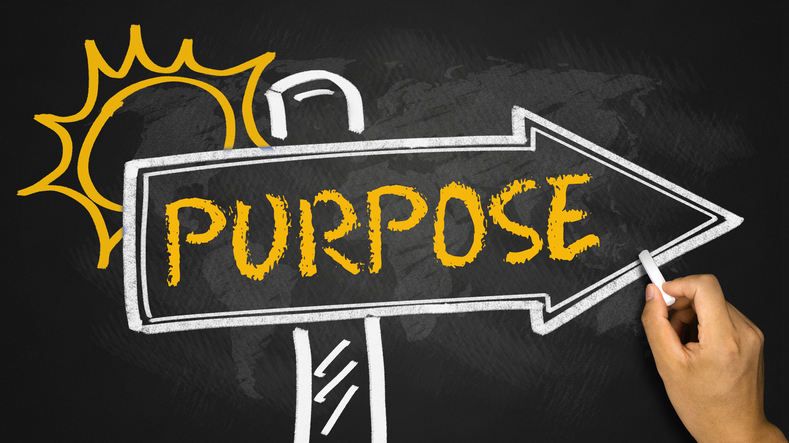
The Purpose Of The Article:
The purpose of this article is to explore the impact of social media on mental health. It aims to provide a comprehensive overview of the positive and negative effects of social media on our mental health, and to highlight the importance of using social media in a balanced and mindful way. The article will discuss the latest research on this topic and will offer practical tips and advice for using social media in a healthy and positive way. By the end of this article, readers will have a better understanding of how social media can affect our mental health, and will be equipped with the tools and knowledge to use it in a way that benefits their overall well-being.
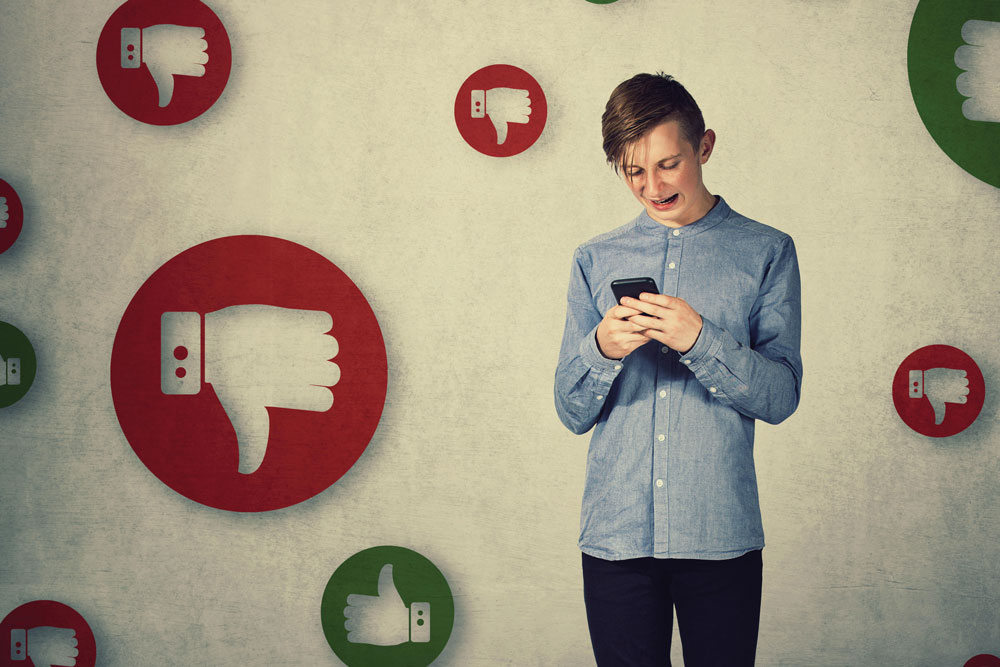
Social Comparison And Mental Health:
A very common and natural human phenomena is social comparison which means to compare our lives with other people over social media, and in today’s modern era very social media is very much common and popular amongst billions of people it has become easier than ever before to compare ourselves with other people. When we witness pictures and posts from other people on social media, it’s easy to start comparing ourselves with them and feeling like we’re not good enough or we are missing all these things which we are watching other people do. This can lead to feelings of anxiety, depression, particularly and inadequacy especially among young age people. There has been a research that has proven that excessive use of social media can lead to social comparison which can have a very negative impact on our mental health, and it also contributes in the development of eating disorders and body image issues.
One of the biggest reasons why social comparison on social media can be so harmful and damaging to anyone’s mental health is that it can lead to distorted view of reality. Because mostly on social media people are posting their best moments and experiences and their most attractive pictures, or creating a highlight reel of their lives that doesn’t accurately reflect the ups and downs of anyone’s real life. This can make it very much easy to feel like everyone else has a perfect life except of ourselves, which can be particularly a very harmful or damaging though for people who are struggling with their own mental health issues. That is why It is very much important to remember that what we see on social media is often just a small part of someone’s life, and that everyone have their own struggles and challenges in life’s which they don’t always disclose over social media in front of other people.
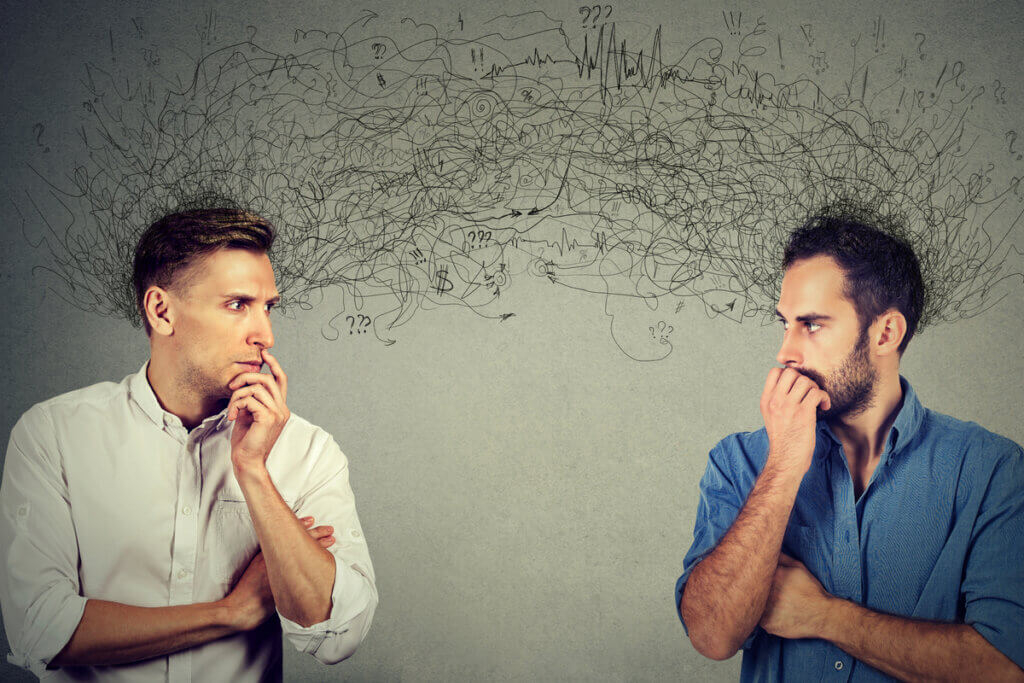
Explanation Of Social Comparison Theory:
Social comparison theory is a significant concept in psychology that explains how we evaluate ourselves by comparing ourselves to others. It is a natural tendency that all of us have, whether we are aware of it or not. Essentially, social comparison theory suggests that we use other people as a benchmark to measure ourselves, to figure out where we stand in relation to others, and to evaluate our own abilities, traits, and achievements.
The theory indicates that we compare ourselves to people who are similar to us in some way, whether it is age, gender, ethnicity, or other relevant characteristics. We tend to do this more when we are feeling uncertain or when we are in situations where we don’t have a clear sense of how we’re doing. For instance, if you are taking an exam and you are not sure how well you’re doing, you might look around the room and see how your classmates are doing to get a sense of where you stand.
Basically there are two famous types of social comparison.
- Upward comparison
- Downward comparison.
1. Upward Comparison:
Upward Comparison is basically a though process in which start comparing our self’s with someone who is doing the exact same things as we do but they or doing it in a much more better and convenient way or they getting better results as compared to the results which we usually get. This though process can lead to feelings of envy, inadequacy, and low self-esteem. For example, if you see a friend’s social media post about their recent promotion at work, you might feel jealous and wonder why you haven’t achieved something similar.
2. Downward Comparison:
Downward Comparison is basically a though process in which start comparing our self’s with someone who is doing the exact same things as we do but they are doing it in a bad way due to which they are getting worst results as compared to the results which we usually get. This can make us feel better about ourselves, but it can also lead to feelings of guilt or shame if we feel like we’re taking pleasure in someone else’s misfortune.

How Social Media Promotes Social Comparison:
Today Social media has revolutionized the way we interact with each other, but it has also led to an increase in social comparison. Social comparison is the act of evaluating yourself in relation to others, and social media makes it easier than ever to engage in this behavior. Social media platforms like Facebook, Instagram, and Twitter have created a culture of constant comparison where users are bombarded with images of other people’s seemingly perfect lives. This can lead to feelings of inadequacy, envy and low self-esteem.
One of the main ways social media promotes social comparison is by presenting idealized versions of people’s lives. People often post only the best of their lives on social media, presenting a curated and filtered version of their experiences. This can create a distorted view of reality and lead to unrealistic expectations of our own lives. For example, if you see your friend’s vacation photos on Instagram, you may feel envious and wish you could afford to travel to exotic places too. However, you don’t see the challenges or difficulties your friend may have faced during their journey, such as lost luggage, language barriers or homesickness.
Another way social media promotes social comparison is through the availability of information about other people’s lives. Social media platforms give users access to information about others that they may not have had access to in the past. Users can see their peers’ accomplishments, achievements and milestones in real time, which can create a sense of pressure to keep up. This can lead to feelings of inadequacy and low self-esteem, especially if we feel like we don’t measure up to our peers. Additionally, social media can create a sense of FOMO (fear of missing out) where users feel they are missing out on experiences that others are having. This can lead to feelings of sadness and isolation.
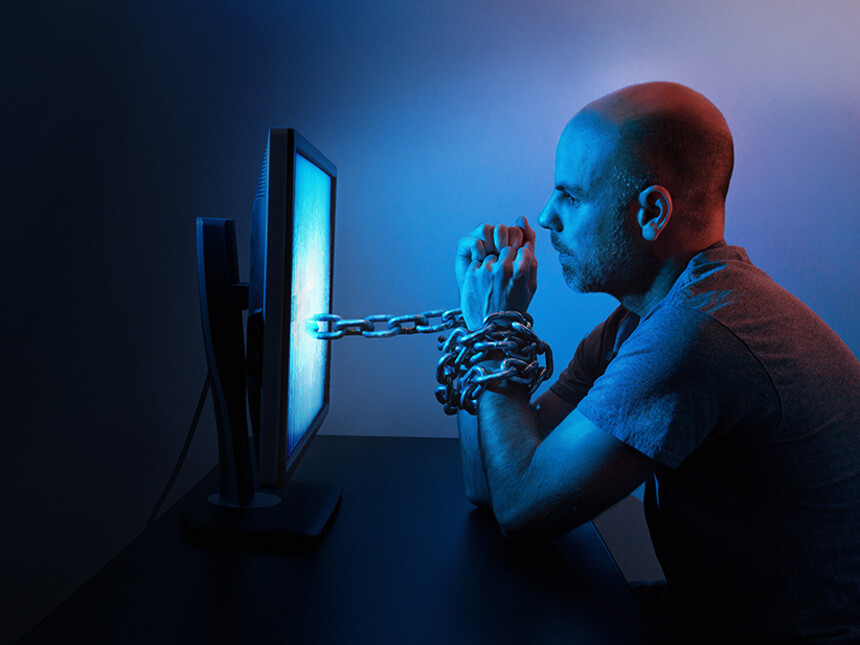
The Negative Impact Of Social Comparison On Mental Health:
Constantly comparing ourselves to others on social media can have a negative impact on our mental health. When we compare ourselves to others, we may feel inadequate or somehow inferior. This can lead to feelings of low self-esteem, self-doubt and even depression. The pressure to keep up with others and maintain a certain image online can be overwhelming and contribute to feelings of anxiety.
Social comparison can also lead to a phenomenon known as “impostor syndrome”. This is a psychological pattern where individuals doubt their achievements and have a constant fear of being exposed as frauds. Social media can amplify this feeling as users are bombarded with images of their peers’ seemingly perfect lives. They may feel that they are not achieving the results of their peers and worry that others will find out that they are not as successful as they appear online. This can lead to a constant need to prove oneself and can take a toll on mental health.
In addition, social comparison can also contribute to negative body image. Social media platforms are saturated with images of the “ideal” body type, and users can feel pressured to conform to these standards. This can lead to disordered eating habits, body dysmorphia and other mental health issues. Overall, social comparison can have a significant impact on our mental health, and it’s important to keep in mind the negative effects social media can have on our well-being.
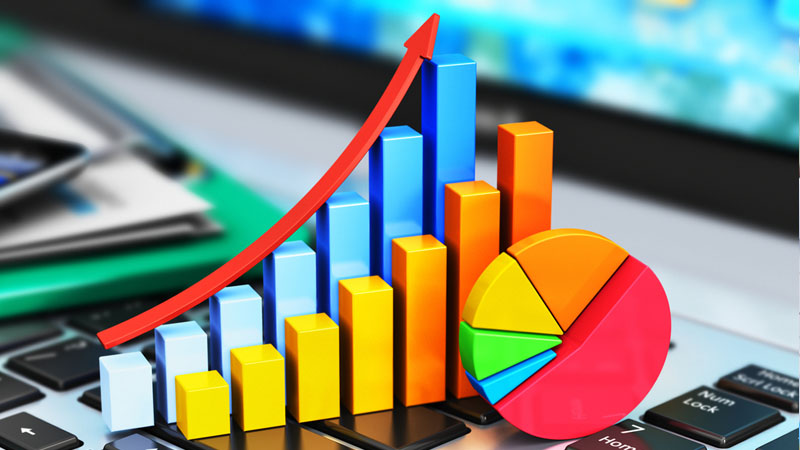
Statistics And Research On The Relationship Between Social Media And Mental Health:
Research has shown a clear link between social media use and mental health. A study by the Royal Society for Public Health found that social media use is associated with increased levels of anxiety, depression and poor sleep. The study surveyed 1,500 young people aged 14 to 24 and found that those who spent more than two hours a day on social media were more likely to report poor mental health.
Another study published in the Journal of Social and Clinical Psychology found that social media use can lead to feelings of envy, which in turn can contribute to depression and anxiety. The study surveyed 700 college students and found that those who reported being envious of others on social media were more likely to experience symptoms of depression and anxiety. These findings suggest that social media can have a significant impact on our mental health and it is important to be aware of the potential risks associated with excessive social media use.
Other research has also examined the impact of social media on specific populations such as teenagers and young adults. A study published in the Journal of Adolescent Health found that social media use was associated with an increased risk of depression in teenage girls. The study examined 594 teenage girls and found that those who spent more time on social media had higher rates of depression than those who spent less time online. This highlights the need for more targeted interventions to help vulnerable populations manage social media use and promote positive mental health outcomes.
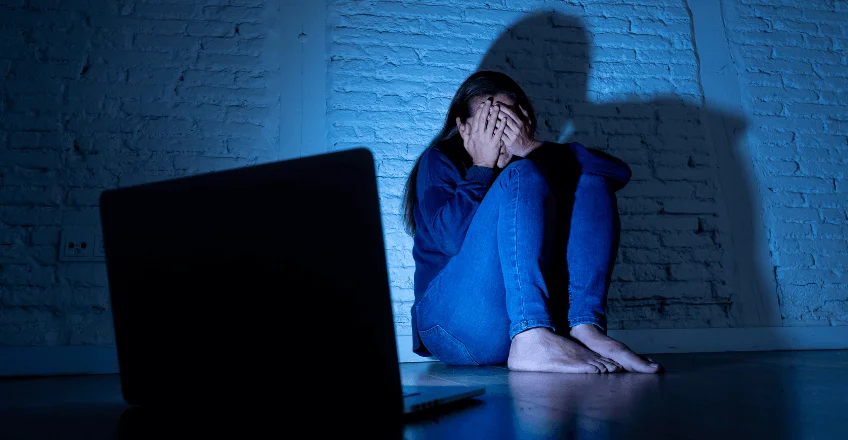
Cyberbullying And Mental Health:
Cyberbullying is a growing problem in the age of social media. Unlike traditional bullying, cyberbullying can happen anytime, anywhere, and can be more difficult to detect and address. Victims of cyberbullying are at risk for a variety of negative mental health outcomes, including depression, anxiety, and low self-esteem. Cyberbullying can also lead to feelings of isolation and social withdrawal, as victims may be embarrassed or ashamed to discuss their experiences with others.
Research has shown that the effects of cyberbullying can be particularly severe for children and teenagers. A study published in the Journal of Adolescent Health found that cyberbullying is linked to increased levels of depression and anxiety in young adults. The study surveyed 1,156 teenagers and found that those who had experienced cyberbullying had higher levels of depressive symptoms and more often reported anxiety compared to those who had not been cyberbullied.
It is important to tackle cyberbullying and encourage positive online behavior to reduce the risk of negative mental health outcomes. Schools and parents can play an important role in educating children about the dangers of cyberbullying and promoting healthy online habits. Social media platforms also have a responsibility to combat cyberbullying and provide tools to report and address inappropriate online behavior. By working together, we can create a safer and more positive online environment for everyone.
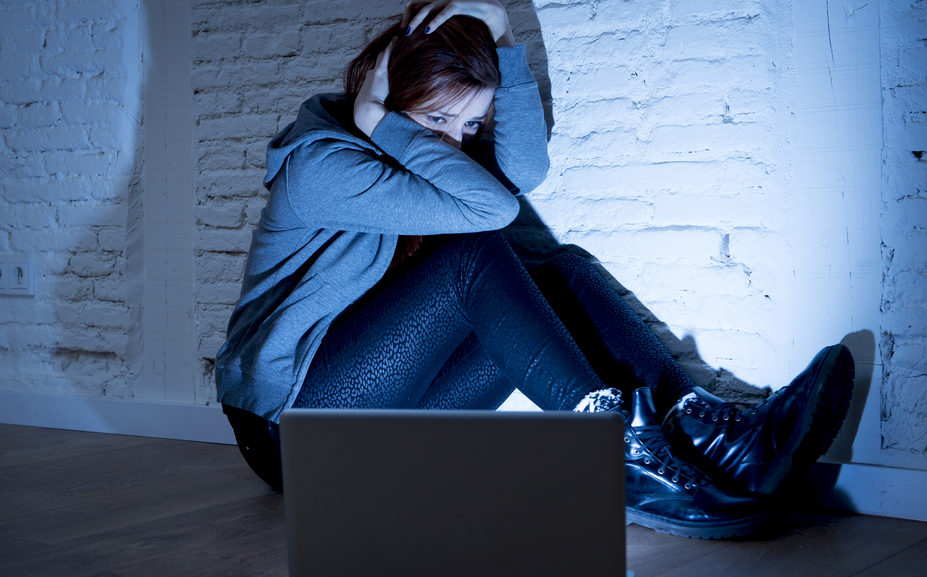
Definition And Examples Of Cyberbullying:
Cyberbullying means being mean to someone on the internet or through digital devices like phones or computers. It could happen on social media platforms, by text messages, or even by email. Cyberbullying happens when someone uses technology to hurt, scare, or harm others, often without using their real name or picture. Cyberbullying can make people feel very sad, scared, or embarrassed, and can cause problems like anxiety or depression.
Some examples of cyberbullying are sending mean messages to someone online, spreading rumors or lies about them, posting pictures or videos that are embarrassing, or pretending to be someone else on the internet. Cyberbullying can also include leaving someone out of online groups or activities or using technology to control someone’s behavior. It can be hard to know when cyberbullying is happening because it’s often done secretly or behind a computer screen, which makes it hard to find out who is doing it.
If you or someone you know is being cyberbullied, it’s important to tell someone you trust like a friend, teacher, or parent. You can also report the bullying to the website or platform where it’s happening. If you’re feeling really upset or scared, it’s important to talk to a counselor or therapist who can help you feel better. By working together, we can make the internet a safer and kinder place for everyone.
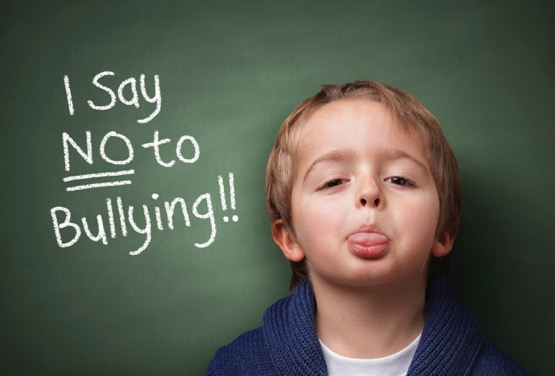
The Prevalence Of Cyberbullying On Social Media:
Cyberbullying is a serious problem on social media. Studies show that more than one in three young people have experienced cyberbullying and more than half of them have witnessed someone else being cyberbullied. Social media platforms like Instagram, Facebook, and Snapchat are some of the most common places where cyberbullying occurs. It can happen to anyone, regardless of their age, gender or background.
The effects of cyberbullying can be very damaging. Victims of cyberbullying often experience feelings of sadness, fear, and shame, which can lead to anxiety and depression. Cyberbullying can also cause problems with sleep, eating, and school or work performance. It’s important to take cyberbullying seriously and speak up if you or someone you know is being bullied online. By reporting cyberbullying to the site or platform where it occurs, we can work together to make social media a safer and kinder place for everyone.
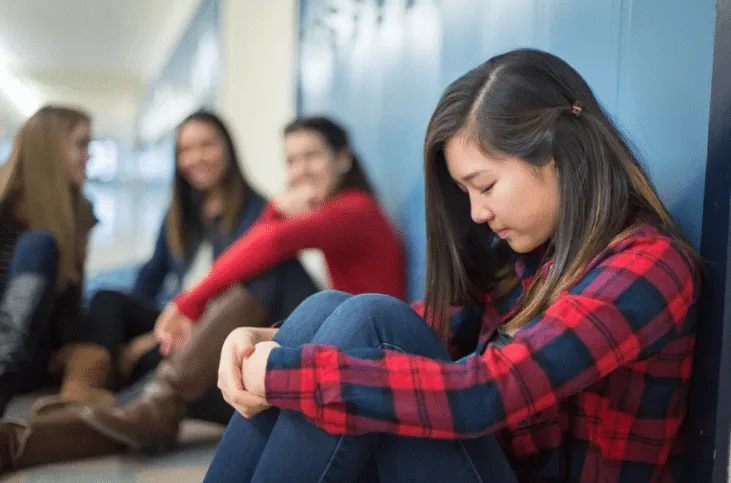
How Cyberbullying Affects Mental Health:
Cyberbullying can have a serious impact on mental health. Victims of cyberbullying often feel anxious, sad, or hopeless. They may also experience low self-esteem, and have trouble sleeping or eating. In some cases, cyberbullying can even lead to depression and suicidal thoughts.
One reason cyberbullying can be so harmful is because it can happen anytime and anywhere. With social media, people can be targeted by bullies at home, school, or even on the go. It can be hard to escape the bullying, especially if it’s happening online. Cyberbullying can also be more damaging than traditional bullying because it can spread quickly and to a wider audience. Once something is posted online, it can be difficult to remove or delete. This means that the victim may continue to be exposed to hurtful comments or messages even after the bullying has stopped.
If you or someone you know is being cyberbullied, it’s important to seek help. This can include talking to a trusted friend, family member, or teacher, or reaching out to a professional counselor. There are also resources available online, such as helplines or support groups, where you can get help and advice. Remember, you’re not alone, and there are people who care and want to help.
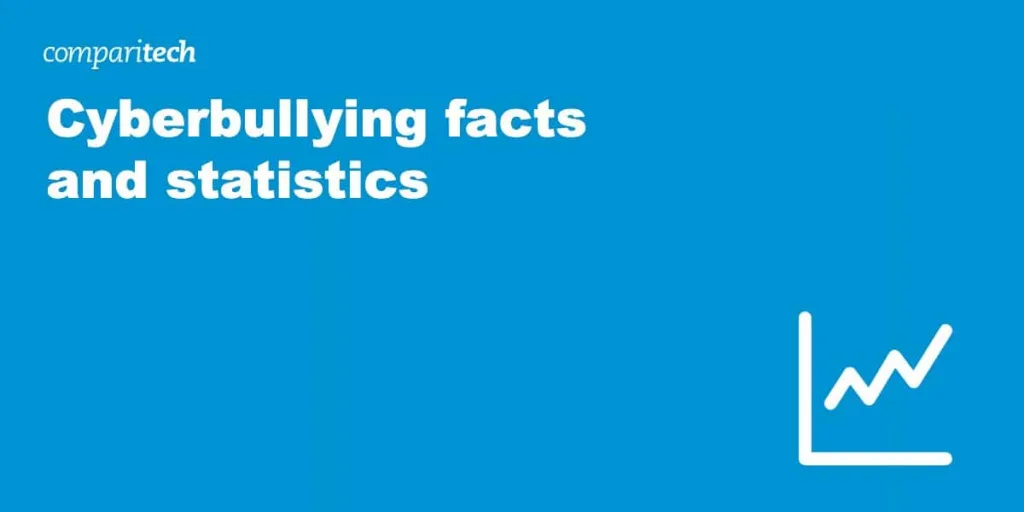
Statistics And Research On The Relationship Between Cyberbullying And Mental Health:
Studies have shown that cyberbullying can have a significant impact on mental health. According to a survey by the Center for Cyberbullying Research, more than half of teens who have been cyberbullied report negative effects on their mental health, such as depression or anxiety. The same survey found that more than 25% of teens reported being cyberbullied at least once in their lifetime.
Research has also found that cyberbullying can have long-term effects on mental health. A study published in the Journal of Adolescent Health found that victims of cyberbullying were more likely to experience symptoms of depression and anxiety up to two years after the first incident. The study also found that those who were both victims and perpetrators of cyberbullying had the highest rates of depressive symptoms. These findings highlight the importance of addressing cyberbullying early to prevent long-term mental health effects.
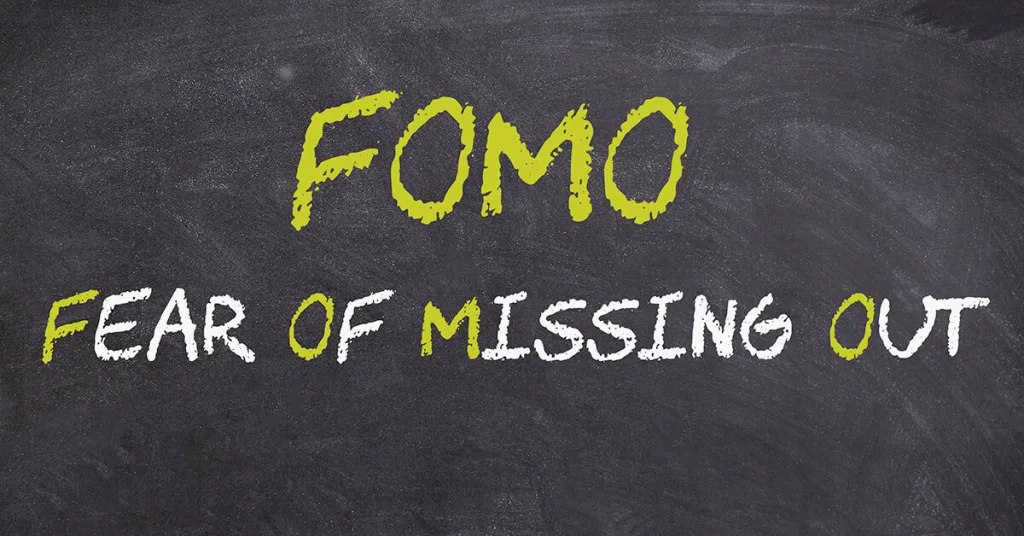
Explanation Of FOMO:
FOMO stands for “Fear Of Missing Out” It is a feeling of anxiety or unease that arises when one thinks they are missing out on exciting events or experiences that others are enjoying. This feeling is often amplified by social media, where people can share pictures and stories of their experiences, making others feel left out or like they are not living life to the fullest.
FOMO is a natural human emotion that is rooted in our need for social connection and acceptance. It is a feeling that can drive us to engage in social activities and seek out new experiences, but it can also be harmful if it becomes excessive. People who experience FOMO may feel a constant need to check their social media feeds, even if they are in the middle of something else. They may also feel anxious or stressed when they see posts from others about events they were not invited to or could not attend. FOMO can be particularly difficult for young people, who are often still developing their sense of self and social identity.
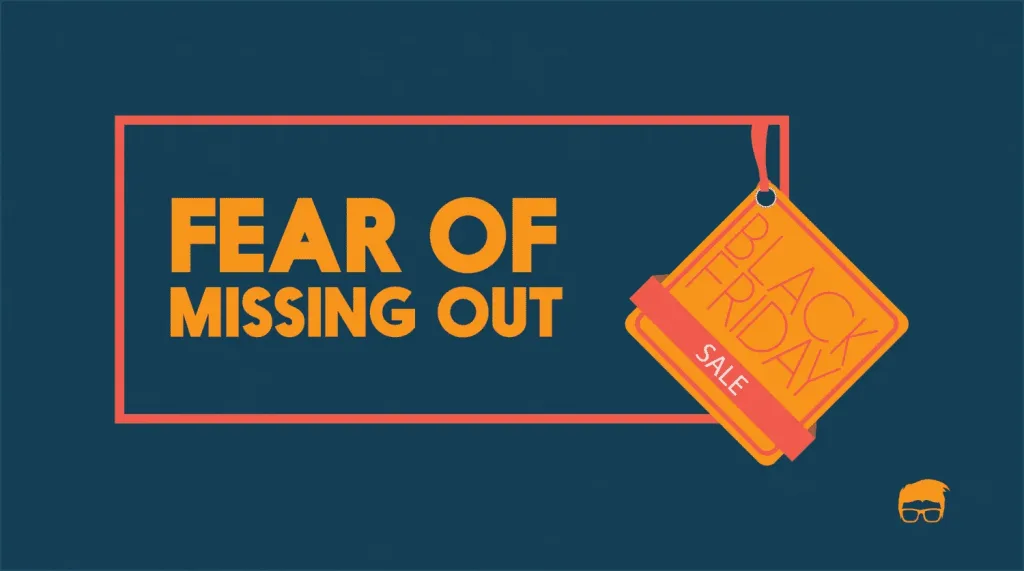
FOMO (Fear Of Missing Out) And Mental Health:
The FOMO also popularly known as (Fear of missing out), is a type of feeling where someone can feel of anxiety or stress that many people experience when they believe they are missing out on something exciting or fun that others are experiencing. This feeling is often triggered or exacerbated by social media, where people are constantly sharing their experiences and successes. For example, looking at pictures of friends having a great time at a party or on vacation can make people feel like they’re missing out on those experiences and not getting as much fun and excitement in their lives as they expected.
FOMO (Fear of missing out) can be bad for your mental health, as it can lead to feelings of loneliness, insecurity and depression. Research has shown that FOMO is becoming more common, especially among young people who spend a lot of time on social media. A survey conducted by the American Psychological Association found that more than 50% of millennials reported experiencing FOMO, and those who reported higher levels of FOMO were also more likely to experience symptoms of anxiety and depression. Another study published in the Journal of Social and Clinical Psychology found that people who spent more time on social media were more likely to experience FOMO and had higher levels of anxiety and depression.
These studies show that social media can contribute to feelings of FOMO and negatively impact mental health. It’s important to be mindful of the content we consume on social media and how it affects our emotions. It is also useful to do what satisfies us and brings us joy, rather than comparing ourselves to others on social media. By doing this, we can reduce the negative effects of FOMO and improve our mental well-being.
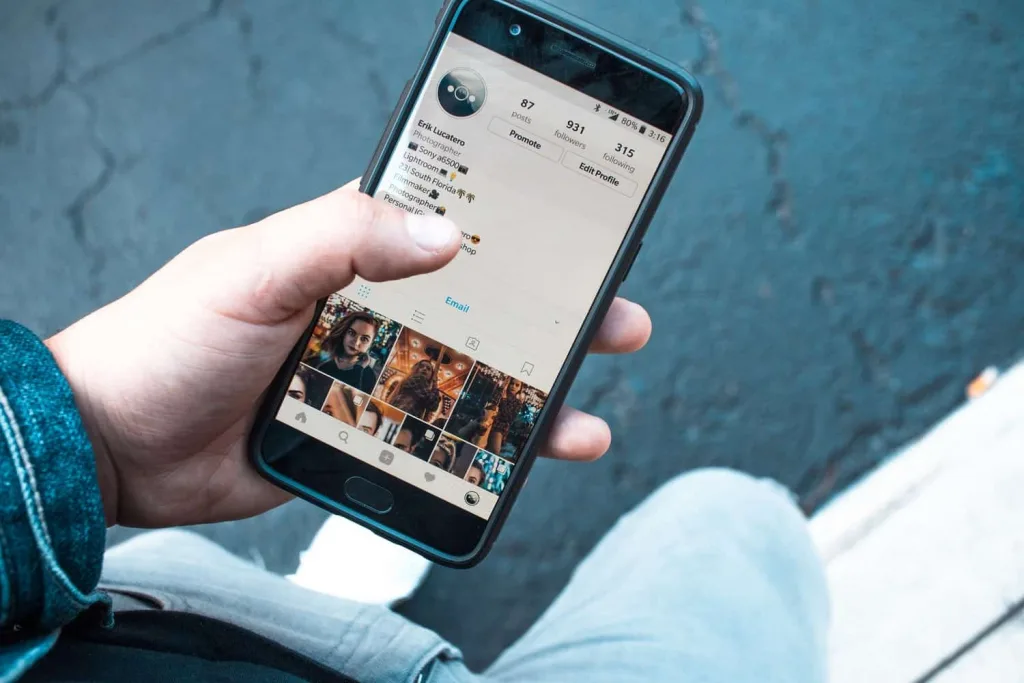
How Social Media Promotes FOMO:
Social media can promote FOMO by creating a constant stream of content that showcases other people’s lives. Platforms like Instagram and Facebook often feature carefully curated and filtered posts that depict people’s highlights and accomplishments, giving the impression that everyone else is having more fun and experiencing more success than you are. This can create a sense of pressure to constantly be doing something exciting and share-worthy, leading to a fear of missing out on experiences that could improve your social status.
Another way that social media promotes FOMO is through the use of notifications and alerts. Platforms will often send notifications about new posts or updates from your friends, creating a sense of urgency to check your feed and stay up to date. This can be particularly problematic for people who struggle with self-control or time management, as it can be difficult to resist the pull of social media when notifications are constantly popping up. Additionally, the fear of missing out on important news or events can make it harder to take a break from social media and disconnect from the online world.
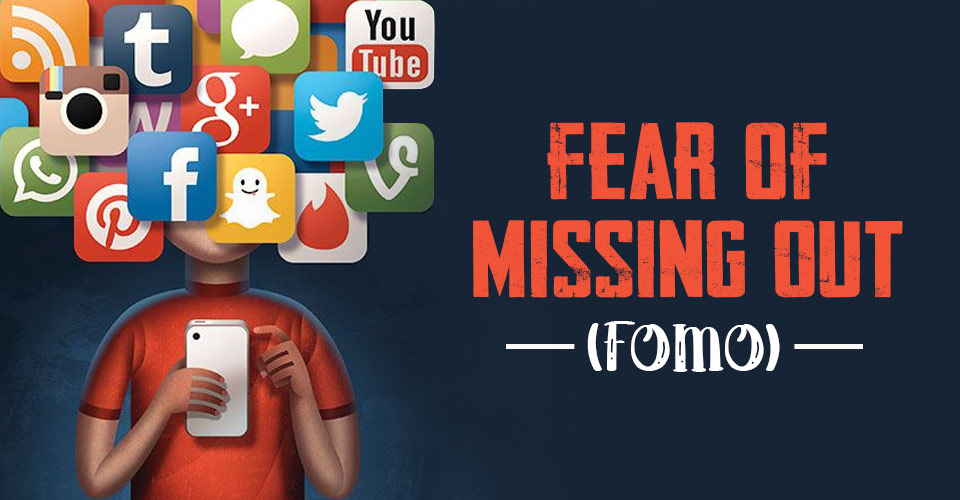
The Negative Impact Of FOMO On Mental Health:
Experiencing FOMO can have a negative impact on a person’s mental health. For example, people who often feel overlooked or overlooked on social media may begin to feel inadequate, worthless, and excluded from their social circles. Such negative feelings can lead to anxiety and depression, which can further exacerbate their social isolation and feelings of loneliness. FOMO can also lead to low self-esteem and negative body image, especially when we compare ourselves to the seemingly perfect and idealized lives of others on social media. As a result, people may feel the need to constantly seek validation and approval from their followers, leading to a cycle of unhealthy social media habits and negative effects on mental health.
In addition, FOMO can also cause people to feel burned out, a state of emotional, physical, and mental exhaustion. Social media is often a major source of information overload and constant stimulation, which can lead to an overwhelming sense of pressure to keep up with the latest trends and stay connected. This can lead to a lack of rest and relaxation, leading to chronic stress and burnout. In addition, constantly checking social media for fear of missing out can disrupt sleep patterns and cause sleep deprivation, which is linked to a range of physical and mental health problems, including anxiety, depression and cognitive impairment. Therefore, it is important to recognize the negative impact of FOMO on mental health and take steps to combat its effects.
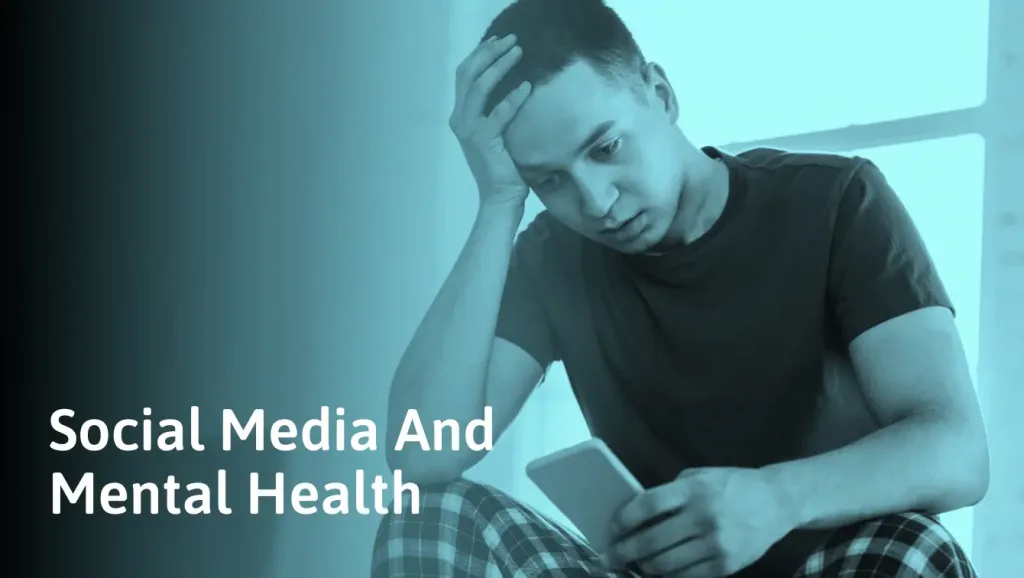
Statistics And Research On The Relationship Between FOMO And Mental Health:
Research has shown a significant link between FOMO and negative mental health outcomes. One 2013 study found that people who experienced FOMO had a higher risk of anxiety and depression. Another study published in 2018 found that excessive social media use driven by FOMO was associated with symptoms of anxiety and depression in college students. In addition, studies have also shown that FOMO can lead to poor sleep quality as people may feel the need to stay connected on social media and stay updated even late at night.
There are many other studies also that have also proven that FOMO is particularly prevalent among youngsters, with teenagers and young people are experiencing a higher levels of FOMO compared to older people. This is of particular concern given that this age group is already at a greater risk of mental health problems. These findings highlight the need to raise awareness of the negative impact of FOMO on mental health and the importance of addressing this issue.

Social Media Addiction And Mental Health:
Social media addiction refers to the excessive use of social media such as Facebook, Instagram, and Twitter, which has negative effects on a person’s mental health. This is a growing problem, particularly among young people, and can lead to a range of mental health problems such as anxiety, depression and low self-esteem. Addiction to social media can also have a negative impact on personal and work life as it can interfere with daily tasks and responsibilities.
One reason for the growing addiction to social media is the instant gratification it brings. Social media platforms offer instant rewards in the form of likes, comments and followers, which can lead to a continuous cycle of seeking validation and approval. This can lead to people spending hours scrolling through their feeds and checking notifications, resulting in a lack of productivity and concentration. Additionally, social media addiction can disrupt sleep patterns, as people may stay up late scrolling through their feeds or wake up frequently to check their notifications. This can lead to a lack of sleep, which can have a negative impact on mental health and overall well-being.

Definition Of Social Media Addiction:
Social media addiction refers to a condition where a person becomes overly dependent on social media platforms, which negatively affects their physical and mental well-being. Social media addiction is similar to other forms of addiction, such as drug or alcohol addiction, in that it also involves compulsive behavior and loss of control.
This social media addiction is majorly due to the fact that they provide constant gratification in the form of likes, comments and shares. Such kind of immediate feedbacks can easily trigger the release of dopamine, a brain chemical associated with pleasure and reward. As a result of these feedbacks, people can become addicted to the fun and excitement they are getting from social media platforms and feel a strong urge to check their accounts and notifications regularly. This can lead people to spend more time on social media platforms, neglecting or ignoring other important activities such as studies, outdoor games and family time, and even experiencing withdrawal symptoms when you don’t have access to social media.
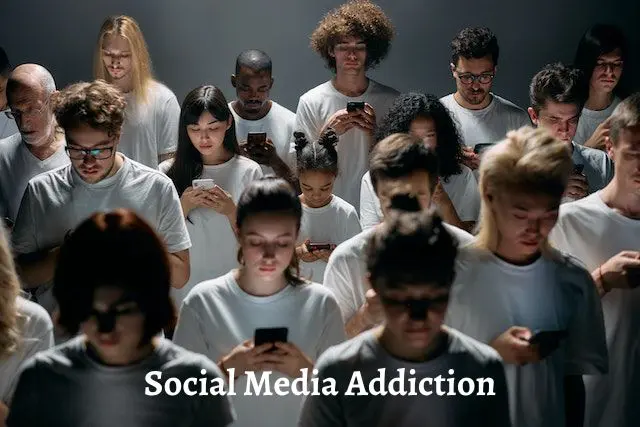
How Social Media Addiction Develops?
Social media addiction is a condition in which an individual becomes overly dependent on social media platforms such as Facebook, Instagram, Twitter, and TikTok. This addiction usually develops gradually over time, as people become more and more involved with their online activities. Initially, individuals may use social media platforms to connect with friends and family, share their interests, or stay updated on current events. However, as their online presence grows, they may find themselves spending more and more time on social media, to the point where it interferes with their daily lives.
One way that social media addiction can develop is through the use of positive reinforcement. Social media platforms are designed to be addictive, with features such as likes, comments, and shares that provide users with instant gratification and positive feedback. When individuals receive positive feedback on their posts, they may feel a sense of accomplishment and validation, which can encourage them to continue using social media to seek out further validation. Over time, this cycle of positive reinforcement can lead to social media addiction.
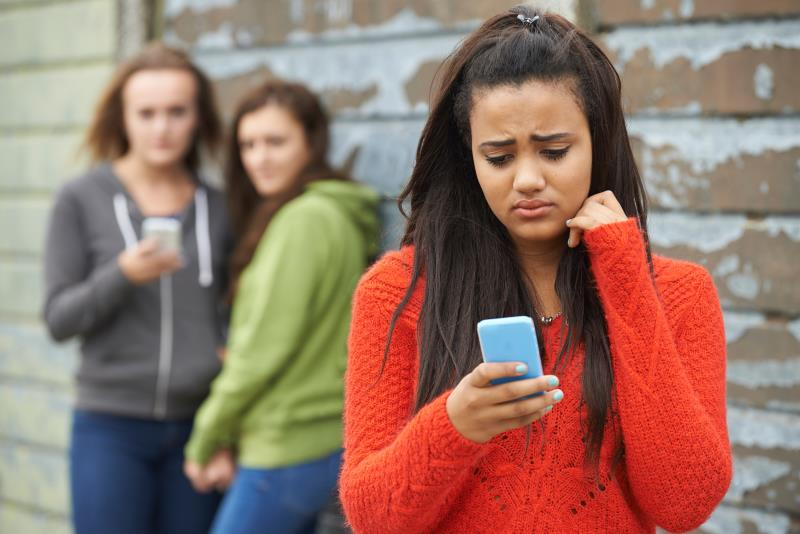
The Negative Impact Of Social Media Addiction On Mental Health:
Social media addiction can have severe negative impacts on mental health. Addiction can lead to spending excessive amounts of time on social media, causing a person to neglect other important areas of their life, such as work, school, or personal relationships. This can lead to feelings of guilt, anxiety, and depression, as well as social isolation and loneliness.
In addition to neglecting other areas of their life, social media addiction can also cause a person to become overly concerned with the validation and approval of others. This can lead to feelings of low self-esteem and self-worth, as well as an unhealthy dependence on social media for validation and self-esteem. This can be particularly harmful, as social media often presents an idealized version of reality that can be difficult to live up to, leading to feelings of inadequacy and low self-esteem. Ultimately, social media addiction can have significant negative impacts on a person’s mental health, and it’s important to seek help if you or someone you know is struggling with addiction.
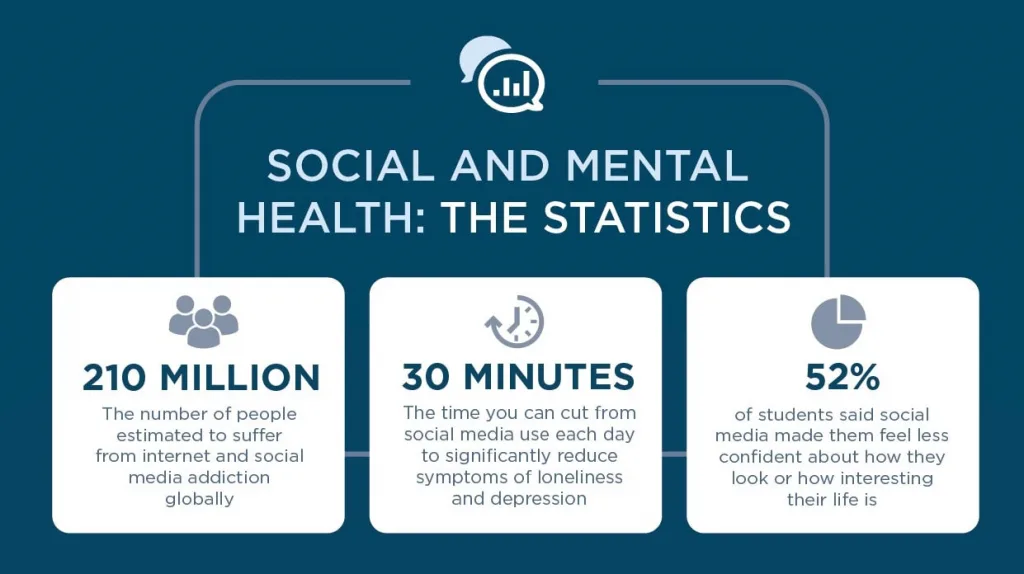
Statistics And Research On The Relationship Between Social Media Addiction And Mental Health:
Research shows that social media addiction can have a negative impact on mental health. Studies have found that individuals who spend more time on social media are more likely to experience symptoms of anxiety, depression, and low self-esteem. In addition, those who are addicted to social media may be at a higher risk of developing sleep problems because the blue light emitted by screens can disrupt the body’s natural sleep cycle.
A 2018 study found that individuals who spent more than 2 hours a day on social media were more likely to report symptoms of social anxiety and depression. The study also found that social media addiction was associated with lower self-esteem and a reduced sense of life satisfaction. These negative effects were found to be particularly pronounced among young people, who are more likely to use social media than older adults. Another study found that social media addiction was associated with a greater likelihood of experiencing cyberbullying, which can further exacerbate psychological problems.

Using Social Media In A Healthier Way:
Social media is a ubiquitous part of modern life, but its impact on mental health is undeniable. Fortunately, social media can be used in a healthier way. One way to do this is to limit your time on social media. Spending too much time watching the news can lead to feelings of anxiety, depression and FOMO. Instead, set aside a specific time of day to check your social media accounts and make sure you stick to that time. It can also be helpful to turn off push notifications for your social media apps so you’re not constantly interrupted throughout the day.
Another way to use social media in a healthier way is to focus on positive interactions. This means engaging with content that makes you feel good, whether it’s funny memes, encouraging quotes, or cute animal videos. It also means avoiding negativity and drama on social media. If you find yourself caught up in arguments or negativity, it’s important to step back and take a break. Additionally, surrounding yourself with positive social media accounts and communities can also help you develop healthier social media relationships.
In general, using social media in a healthier way means being mindful of the time and energy spent on these platforms. By limiting exposure to negative content, setting boundaries, and prioritizing positive interactions, you can enjoy the benefits of social media without compromising your mental health. Remember that social media should make your life better, not worse.

Tips And Advice For Using Social Media In A Healthier Way:
One way to use social media in a healthier way is to limit the time you spend on it. You can set a specific time each day to check social media and stick to that schedule. Additionally, you can only check social media at certain times of the day, such as before or after work or school, and avoid using it during important tasks or when you should be sleeping. You can also turn off notifications to reduce the temptation to constantly check your social media accounts.
Another way to use social media in a healthier way is to be mindful of your emotional state while using it. If you notice that certain accounts or posts make you feel negative emotions, such as anxiety or jealousy, it may be time to unfollow or ignore those accounts. You can also try following accounts that promote positivity and inspiration. It’s also important to remember that social media doesn’t always reflect reality and that you can take a break from it if needed. Participating in activities such as exercise, spending time with loved ones, or hobbies can help maintain a healthy balance and reduce the negative impact of social media on your mental health.
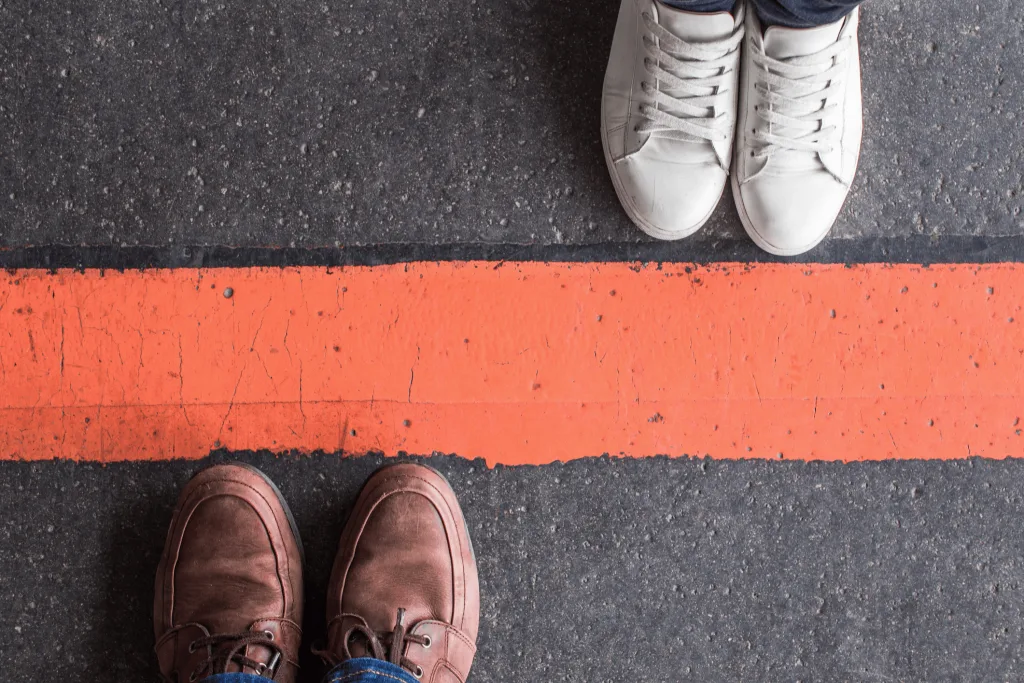
The Importance Of Setting Boundaries And Limiting Social Media Use:
In today’s digital age, social media has become an integral part of our lives. While it offers a great way to stay connected with people and share our lives with the world, it’s important to understand that excessive use of social media can have negative effects on our mental health. That’s why it’s crucial to set boundaries and limit our social media use. By doing so, we can reduce the risk of developing social media addiction and prevent it from taking a toll on our mental well-being.
Setting boundaries can involve deciding how much time we want to spend on social media each day, and what activities we will engage in when we’re online. For example, we can choose to limit our social media use to a specific time of day or set a time limit for each session. We can also prioritize activities that add value to our lives, such as connecting with loved ones, following positive influencers, and engaging in meaningful conversations. By setting boundaries and sticking to them, we can prevent social media from becoming a time-consuming and draining aspect of our lives.
Moreover, limiting social media use can also help reduce the negative effects of social comparison and FOMO on our mental health. When we spend less time scrolling through social media feeds, we’re less likely to compare ourselves to others or feel like we’re missing out on something. Instead, we can focus on our own lives and the things that truly matter to us. By setting healthy boundaries and limits on our social media use, we can take control of our mental health and cultivate a more positive relationship with technology.

The Benefits Of Taking Breaks From Social Media:
Taking a break from social media can have a number of benefits for your mental health and overall well-being. By disconnecting from the constant stream of information and stimuli, you give your brain a chance to recharge and rest. It can also help reduce feelings of stress, anxiety, and FOMO that can occur with constant social media use.
During a break from social media, you may find that you have more time to do things you enjoy or spend time with loved ones. You can also be more present in your surroundings, allowing you to fully appreciate the world around you. Also, taking breaks from social media can help improve your sleep patterns, as the blue light emitted by screens can disrupt your natural sleep cycle. When you take a break from social media, you may notice that you feel more energetic and alert, both mentally and physically.

The Responsibility Of Social Media Companies:
Social media companies have become a major player in modern society. With millions of users worldwide, they have the power to shape people’s opinions and behaviors. Therefore, it is important for social media companies to take responsibility for their actions and to promote responsible use of their platforms. This includes taking steps to address issues like cyberbullying, social media addiction, and the negative impact of FOMO on mental health.
One way in which social media companies can take responsibility is by implementing policies that protect their users. For example, many social media platforms now have measures in place to prevent cyberbullying, such as blocking or reporting features. They can also limit the amount of time users spend on their platforms by introducing features like screen time tracking and reminders to take breaks. By promoting a healthier and more responsible use of social media, companies can help to mitigate some of the negative effects that social media can have on mental health.
Additionally, they can conduct research to better understand the impact of social media on mental health and use this information to inform their policies and practices. Ultimately, social media companies have a responsibility to their users, and should strive to create a safe and healthy online environment.
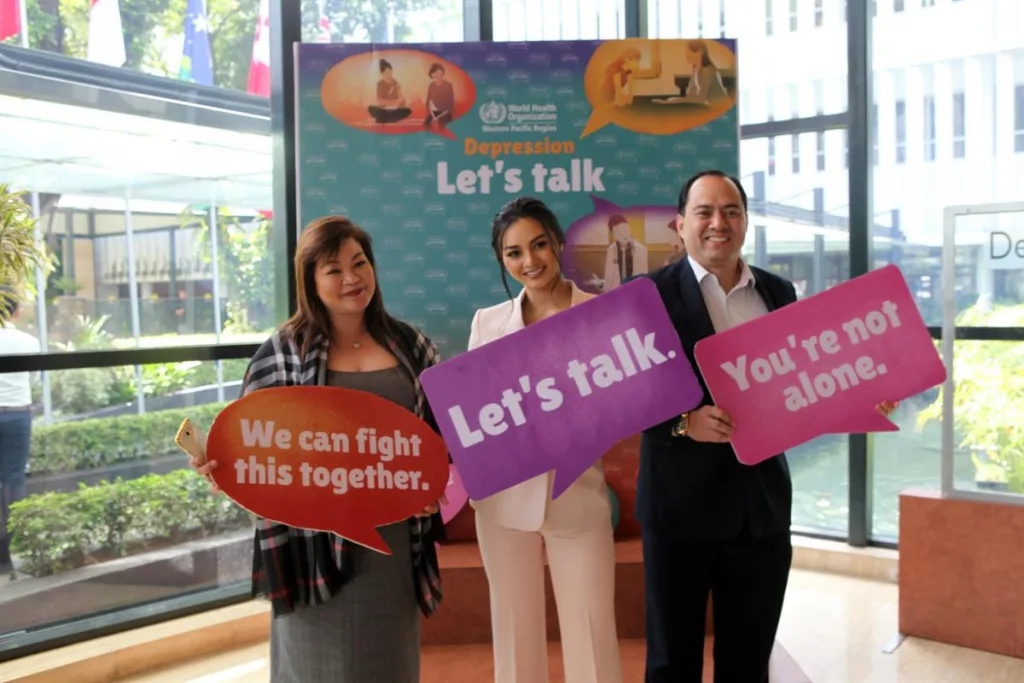
The Role Of Social Media Companies In Promoting Mental Health:
Social media has become a big part of our daily lives, and because of its widespread use, social media companies have a huge responsibility to promote mental health. One way social media companies can promote mental health is by implementing features and tools that help users monitor their social media use. For example, some social media platforms have introduced a feature that allows users to track their usage and set time limits, which can be helpful in reducing the negative effects of excessive social media use. Additionally, social media companies can partner with mental health professionals to provide users with accurate and helpful mental health resources. These resources may include information about mental health issues, self-help tools, and crisis support services.
Additionally, social media companies can take steps to reduce cyberbullying and harmful content on their platforms. By enforcing strict guidelines and policies, they can remove harmful content and ban users who engage in cyberbullying or harassment. Social media companies can also work to promote positive mental health by encouraging positive interactions on their platforms. For example, they can promote positive content and conversations and provide platforms for users to share positive experiences and support each other. By promoting positivity and kindness, social media companies can help create a healthier and friendlier online environment for their users. Overall, social media companies have a key role to play in promoting mental health, and their efforts can have a significant impact on the well-being of their users.

Social Media Companies Addressing Mental Health Concerns:
Social media companies have started taking steps to address the growing concern of mental health issues related to social media use. Many social media platforms have implemented features to promote a healthier online environment. For example, Instagram has introduced a feature that allows users to set a time limit on their app usage, which sends a notification when the set time limit is reached. Facebook has launched a tool that allows users to hide posts that they find triggering or offensive, and it also offers resources for those who may need support.
Additionally, some social media companies have partnered with mental health organizations to provide resources and support to their users. Pinterest, for instance, has teamed up with the National Suicide Prevention Lifeline to provide resources for those who may be struggling with mental health issues. Twitter has partnered with mental health organizations such as Crisis Text Line and Samaritans to provide support and resources to its users. These partnerships demonstrate the social media companies’ commitment to promoting mental health and well-being among their users.
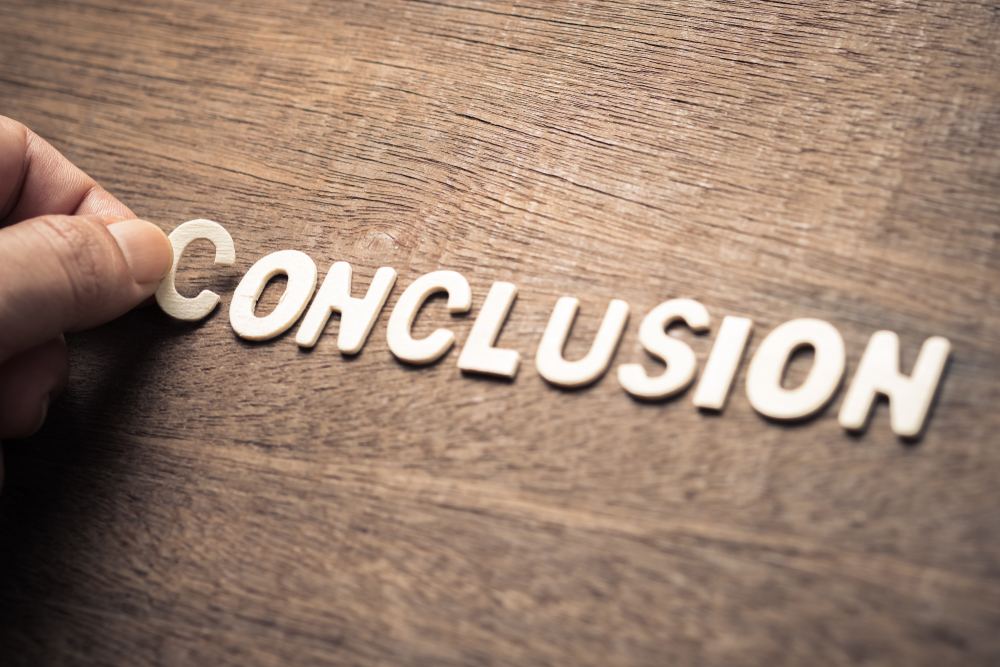
Conclusion:
Today social media is a very integral part of everyone’s daily lives and social media today has that potential to significantly affect everyone’s mental health. But we should also remember that social media can also have a positive effect on our lives, such as with the help of social media we can connect with our friends and family members and share our experiences, but it can also have massive negative effects in our lives such as promoting FOMO, cyberbullying, and social media addiction. Many researches have also shown and proved that these negative effects can lead to anyone to very serious mental health problems, including depression, anxiety and low self-esteem.
To use social media in a healthier way, it’s important to set boundaries and limit our use, take breaks when needed, and take care of your mental health. In addition, social media companies have an obligation to promote mental health by taking steps to address these issues, such as providing resources and support to users, removing harmful content, and promoting positive online behavior. By taking these steps, we can work to create a healthier and more positive social media environment for ourselves and others.
